The hidden gems in Historic England’s 100-year-old photo archive
New online library features 400,000 ‘bird’s eye views’ of the country dating back to 1919
A free daily email with the biggest news stories of the day – and the best features from TheWeek.com
You are now subscribed
Your newsletter sign-up was successful
A new online archive of more than 400,000 aerial photographs is giving people across England the chance to see how the country has changed over the past century.
Preservation organisation Historic England has launched the freely accessible online tool to help members of the public get their buildings listed. But the archive, which dates back to 1919, also allows users to “trace the construction and alteration of historic buildings”, spot “ancient archaeology” and track the changing faces of their local neighbourhoods, said The Telegraph.
“What better way to discover our shared history than through this fascinating new online tool which offers a bird’s eye view of our past,” said Nigel Huddleston, the minister for heritage. “I can’t wait to discover more about my local area and encourage everyone to explore the thousands of English sites from the last century.”
The Week
Escape your echo chamber. Get the facts behind the news, plus analysis from multiple perspectives.

Sign up for The Week's Free Newsletters
From our morning news briefing to a weekly Good News Newsletter, get the best of The Week delivered directly to your inbox.
From our morning news briefing to a weekly Good News Newsletter, get the best of The Week delivered directly to your inbox.
From abandoned villages to famous football grounds
The newly digitised archive covers a third of England and features images including the remains of “a Neolithic long barrow near Broughton, Hampshire”, said The Telegraph. Other ancient treasures caught on camera include “Iron Age forts such as Pilsdon Pen in Dorset and abandoned medieval villages such as Old Sulby in Northamptonshire”, the paper added.
One of the earliest images in the collection shows Ipswich Town Hall and Corn Exchange in 1921.
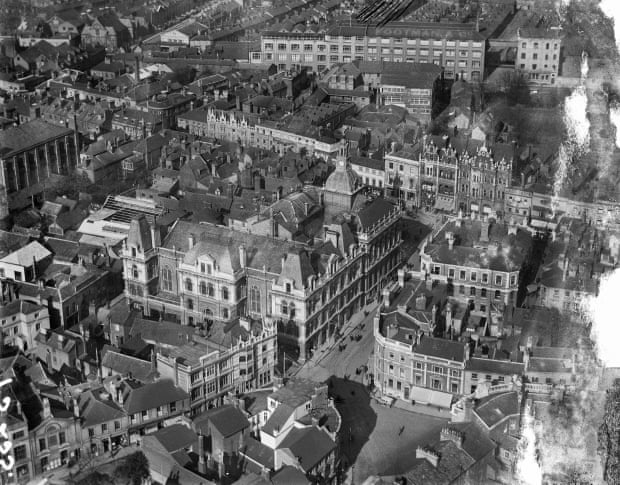
History buffs can also check out a “Roman military camp at Malham in the Yorkshire Dales”, said The Yorkshire Post. Other images from the region include shots showing coastal erosion near Kilnseam, and the East Hecla steelworks, which were demolished to make way for the Meadowhall shopping centre in Sheffield.
Nuclear power stations feature too, as do Second World War defences. Aerial shots show “anti-aircraft obstructions at Hampton Court Palace and camouflaged runways at RAF Kenley in 1941”, The Guardian reported. And “bomb damage can be seen in images of central Liverpool and the Albert Dock from 1941, 1946 and 1948”.
A free daily email with the biggest news stories of the day – and the best features from TheWeek.com
Another photograph “of note”, said the paper, shows Newcastle United’s St James’ Park football ground in 1927.
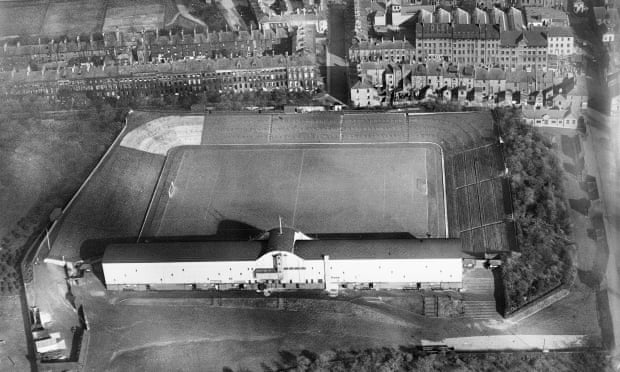
And for pure wow factor, it’s back to Ipswich and a picture of the Suffolk town’s Stoke Bridge Wharf in 1933.
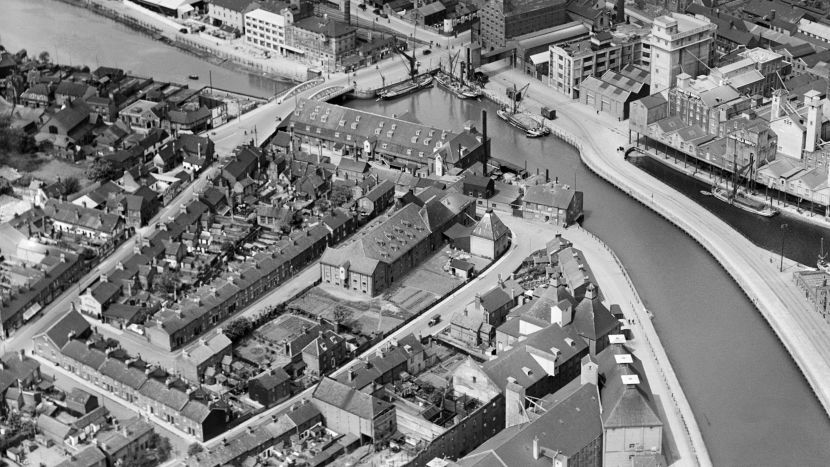
-
 6 of the world’s most accessible destinations
6 of the world’s most accessible destinationsThe Week Recommends Experience all of Berlin, Singapore and Sydney
-
 How the FCC’s ‘equal time’ rule works
How the FCC’s ‘equal time’ rule worksIn the Spotlight The law is at the heart of the Colbert-CBS conflict
-
 What is the endgame in the DHS shutdown?
What is the endgame in the DHS shutdown?Today’s Big Question Democrats want to rein in ICE’s immigration crackdown
-
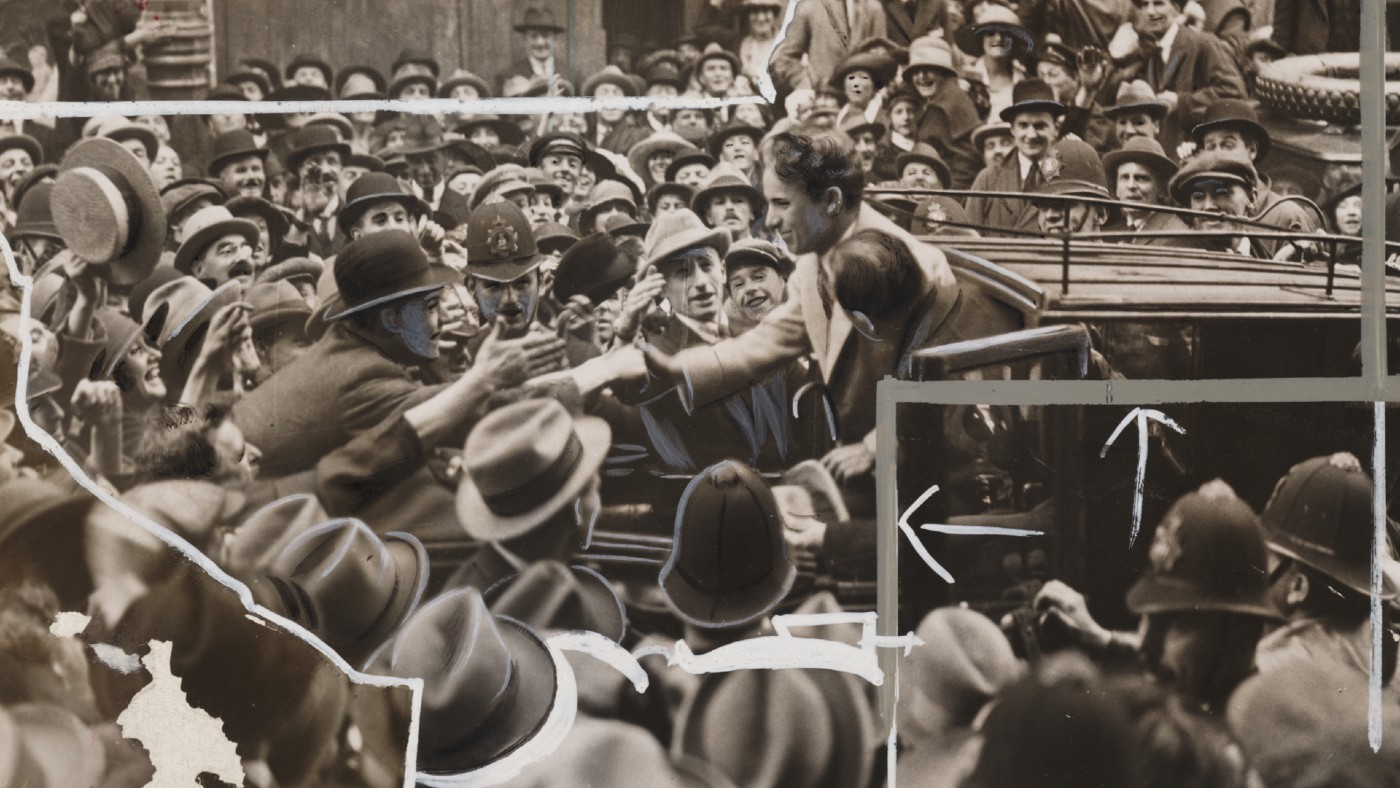 What the 1921 census reveals about life in England and Wales
What the 1921 census reveals about life in England and WalesIn the Spotlight The details of 38 million people in 8.5 million households from a century ago are now available online
-
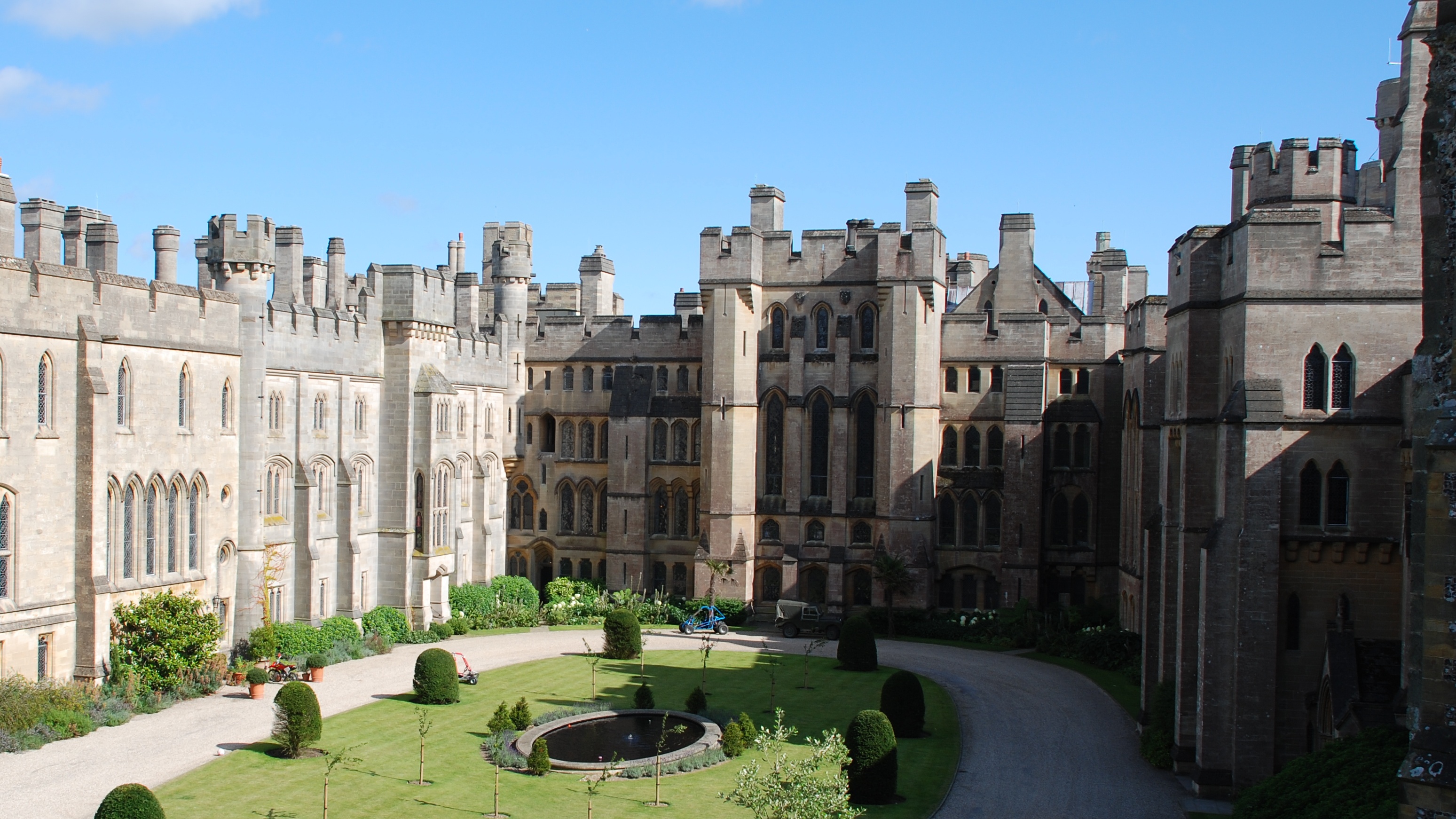 Arundel Castle heist: how did thieves steal Mary Queen of Scots’ gold rosary beads?
Arundel Castle heist: how did thieves steal Mary Queen of Scots’ gold rosary beads?In the Spotlight Police investigating abandoned burnt-out car believed to be connected to £1m robbery